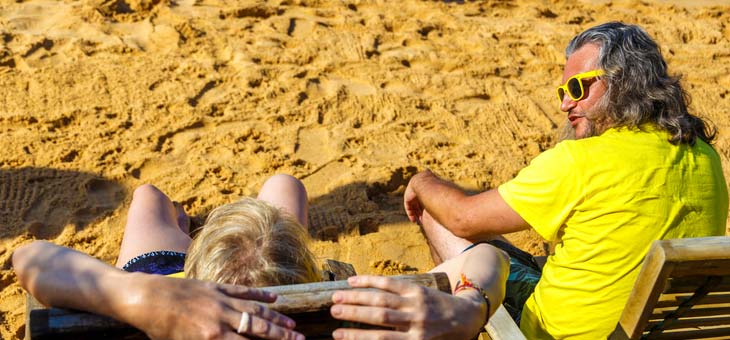Kim is stuck in Thailand and wants to know the rules about returning home.
•••
Q. Kim
I have read that the Queensland government is making travellers arriving from overseas (Australian citizens and permanent residents) and now Victorians pay their own 14-day compulsory hotel quarantine costs. The cost of the selected hotels charge is fixed (by the Queensland government) at $135 per day for the hotel room plus $65 per day, per person for food for 14 days i.e. $3710 per couple for the government’s compulsory 14-day hotel internment.
How can returning travellers afford this, especially after paying highly inflated prices for the very few flights available back to their home country, Australia? The Premier of Victoria, Daniel Andrews said last week when asked by a reporter, in a TV interview aired on the ABC, that state governments had no right or legal power to make returning citizen travellers pay their own quarantine costs. This decision by the Queensland government is equivalent to making prisoners pay for their own incarceration. This sort of authoritarian government behaviour causes outrage in the local media when practised by countries like China and Russia.
My wife and I are trying to get back from Thailand and don’t have the money to pay these fees. Are they even legal? What can we do in this situation?
A. While the fees are yet to be tested in a court of law, the Queensland government is certainly still charging them in the manner that you described.
If you are vulnerable or suffering from financial hardship you can apply to have all or part of the quarantine fee waived after you get the invoice.
Once the quarantine fee invoice is issued, you have 30 days to apply to have the amount waived.
You must be an Australian citizen or permanent resident to apply for the financial hardship waiver.
Eligibility is assessed against criteria including, but not exclusive to:
- an individual is unable to meet current financial obligations (e.g. home loan, immediate living expenses)
- unemployment or on JobKeeper/JobSeeker or another relevant Centrelink service or an Australian studying overseas
- loss of a business entity, home or possessions due to COVID 19 or a natural disaster.
When applying under this category you will be asked to provide:
- citizenship/residency documentation
- bank letter or statutory declaration
- Centrelink statement
- other relevant documentation. e.g. bills, rate notices, debt agreements, family court documents regarding financial obligations, funeral expenses, notice of impending legal actions, international student fees and eviction notices.
If you are not eligible for a fee waiver, and you cannot pay the invoice by the due date, you can enter into a payment plan to repay it over a longer period of time than the 30 days.
The time period varies between six, 12 and 18 months, depending on the invoice balance.
Full details on how to apply for a payment plan will be on the invoice.
If your request is approved, you will be issued a payment plan agreement outlining the full terms and conditions.
Do you think it is fair to ask returning travellers to pay their own quarantine bill? Do you think this will lead to more problems?
If you enjoy our content, don’t keep it to yourself. Share our free eNews with your friends and encourage them to sign up.
Related articles:
https://www.yourlifechoices.com.au/travel/travel-qanda/rules-around-holiday-houses
https://www.yourlifechoices.com.au/travel/news/is-the-transtasman-bubble-dead
https://www.yourlifechoices.com.au/travel/news/indonesia-plans-travel-bubble

